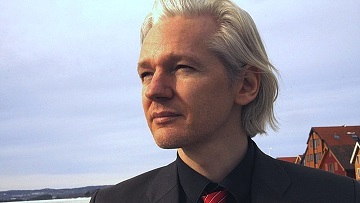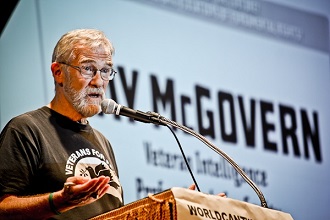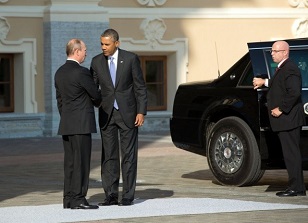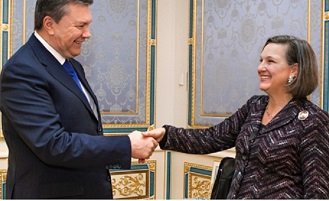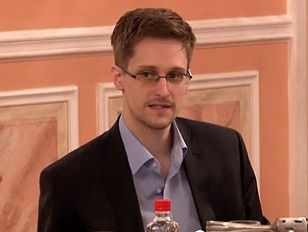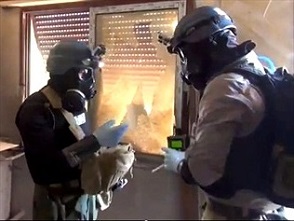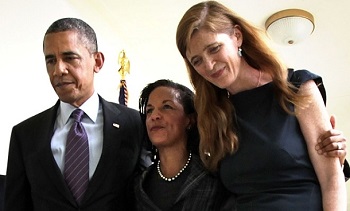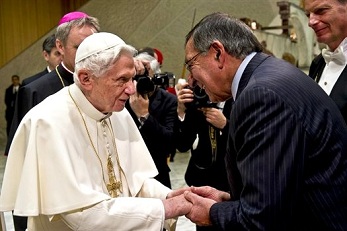The root causes of the war in Ukraine
Guy Mettan
arretsurinfo.ch
Translated from French by Patrick Le Bretton
"Once Ukraine fell into Western military orbit, NATO would have installed its nuclear weapons there as in Poland and Romania, placing Moscow five minutes away from total destruction and preventing it from retaliating with equivalent nuclear fire and likely to annihilate Europe and the United States in return. This scenario would have ruined Russia’s independence and sovereignty."
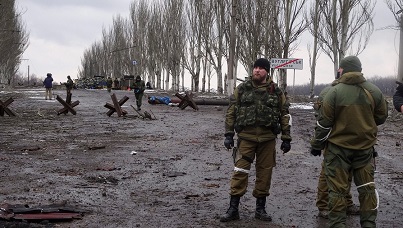
Pro-Russian rebels stand near a seized checkpoint near Debaltseve in the
Donetsk area of eastern Ukraine (Feb. 4, 2015). Yes, the war has been going
on since 2014, but hardly any Western media cared to report what Kiev has
done to Donbass & Luhansk. 8 years of Hell on Earth! - Remember Maidan?
In troubled times, when no one knows what is going on and packs of indignants and pseudo-experts overwhelm the public space with pathos and idle theories, it is necessary to return to the fundamentals. In this case, in Montesquieu. Who said two important things. The first is that in matters of war one should not confuse the apparent causes with the root causes, and the second that one should not confuse those who triggered it with those who made it inevitable.
For the vast majority of the public and media intoxicated by decades of anti-Russian propaganda and for tv-set experts who have forgotten any strategic culture, the case of this war is heard: Putin is crazy. He is insane, paranoid, isolated in his Kremlin, a war criminal, a satrap sold to the oligarchs, a cynical megalomaniac who dreams of restoring the empire of the tsars, a reincarnation of Ivan the Terrible, an unbalanced and capricious dictator who attacked for no reason an innocent nation led by a democratic and courageous president supported by virtuous Europeans. The framework thus set – the Great Bad Guys on one side, the Good Guys on the other – the narrative of the war can unfold: the Russians bombed Babi Yar and a nuclear power plant, they massacre civilians, genocide is underway while the Ukrainians resist heroically.

























